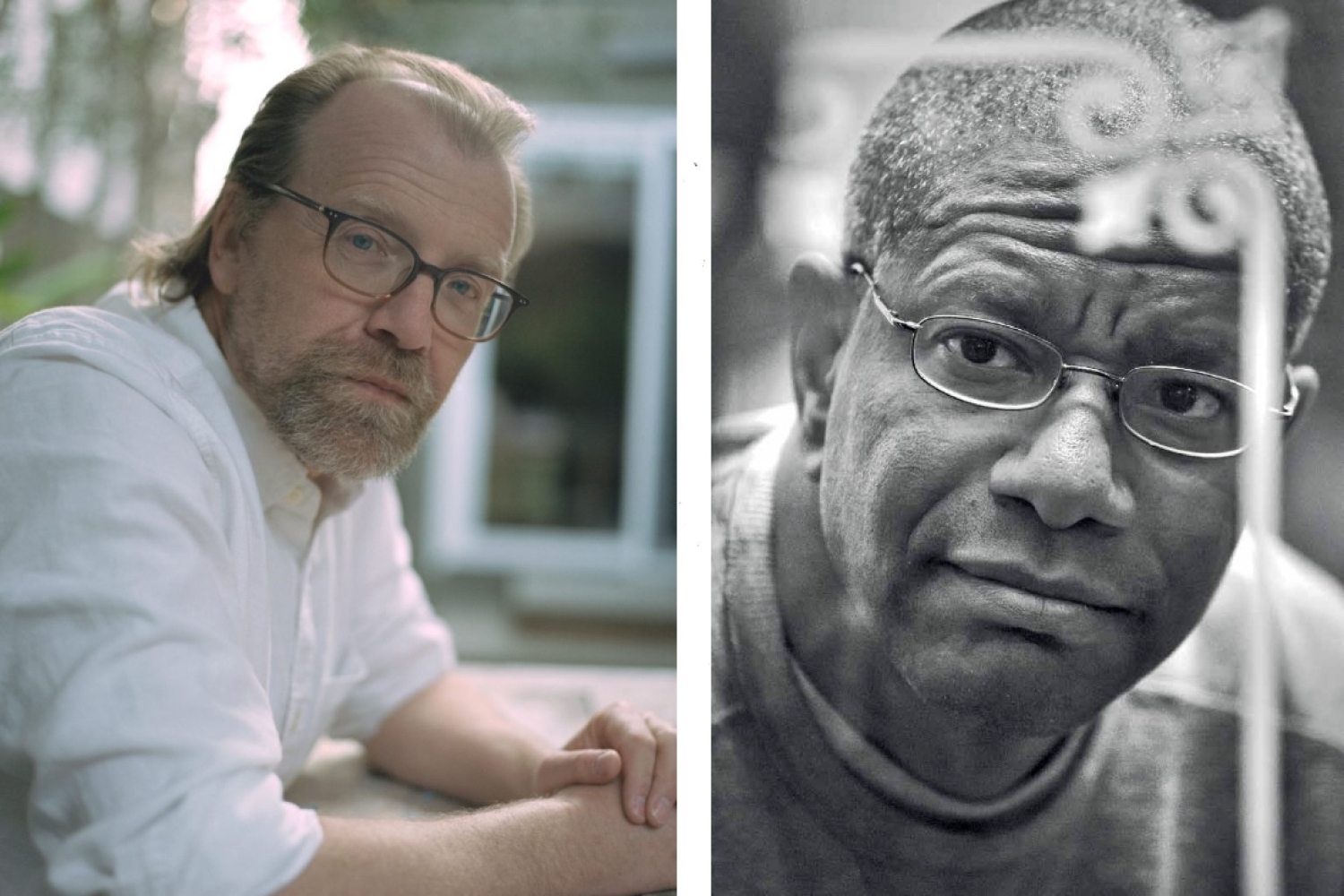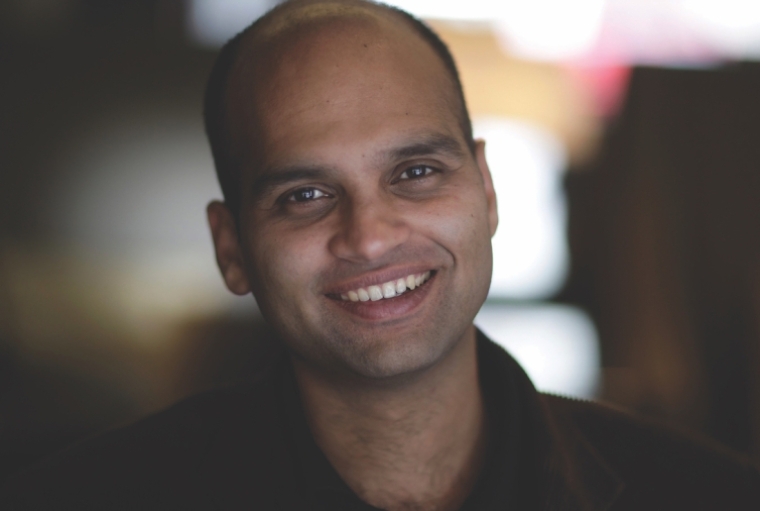
L: George Saunders ; R: Paul Beatty

L: George Saunders ; R: Paul Beatty
It is Booker Prize month! Many interesting titles are in the running this year, written by authors who will be remembered for a long time to come. We, at Platform, have had the enormous privilege of conversing with some of the prior winners of the coveted prize, and be provided a peek into their journeys. As we eagerly look forward to the announcement of this year’s winner, we’ve decided to revisit some of our interviews with the previous winners and compile their enlightening first memories of reading and writing, which had an indelible effect on their craft as some of the biggest writers of our time.
Aravind Adiga
The first reading and first writing I did were all connected in some way to home work. From the age of about five, I was told that it wasn't enough to be good in school, it wasn't enough even to be in the top 10 in class — I had to be first. Every subject, every exam. For my mother’s two sons, the choice that lay before them in life was simple: excellence or extinction. Not until I hit my twenties, did I stop feeling guilty when I was doing writing that wasn't course-related.

Aravind Adiga
Douglas Stuart
I’ve been writing since a very early age. When you grow up with an alcoholic parent, you develop mechanisms — strategies, tricks — not only to survive their illness intact, but to try to save them as well. At about seven years old, on particularly bad nights, I would try to distract my mother from the drink by playing secretary with my pad and pen while she dictated her memoirs. Then from the age of sixteen I was writing really long, involved letters; corresponding with other boys that I met through queer message boards. There was a wonderful element of world building in that, and letter writing can tell us a lot about storytelling.
Marlon James
Probably writing comics. Probably writing and drawing comics. And reading Jules Verne and adventures. We all read stories as children, but a lot of us want to go one step beyond that. Like, I want to do that. I want to do that to somebody what just happened to me. And I can’t remember the age, maybe it was six or seven. In hindsight, I don’t know when I thought I would be a writer. In fact even after my first novel, I didn’t think I was a novelist. I didn’t know I was a writer until I’d done my second book and somebody asked me, what do you do other than writing, and I didn’t have an answer! I was like, I don’t know, there is no other thing. But it’s something that occurred to me.
Paul Beatty
I must have been in 2nd grade when I read Ray Bradbury’s The Martian Chronicles, it’s a sci-fi book. There was a story in the book that stayed with me for years. When I wrote my first novel I must have been around 30 or something, but that story was really important for me even though I read it when I was in the 2nd grade. It kind of inspired me, as there was a little twist in it that I wanted to do in my book. So writing and books have always been a part of my life.
Photo Credits
Aravind Adiga by Fernando Morales
Douglas Stuart by Martyn Pickersgill
George Saunders by Chloe Aftel
Marlon James by Samiksha Sharma
Paul Beatty by Rohit Chawla